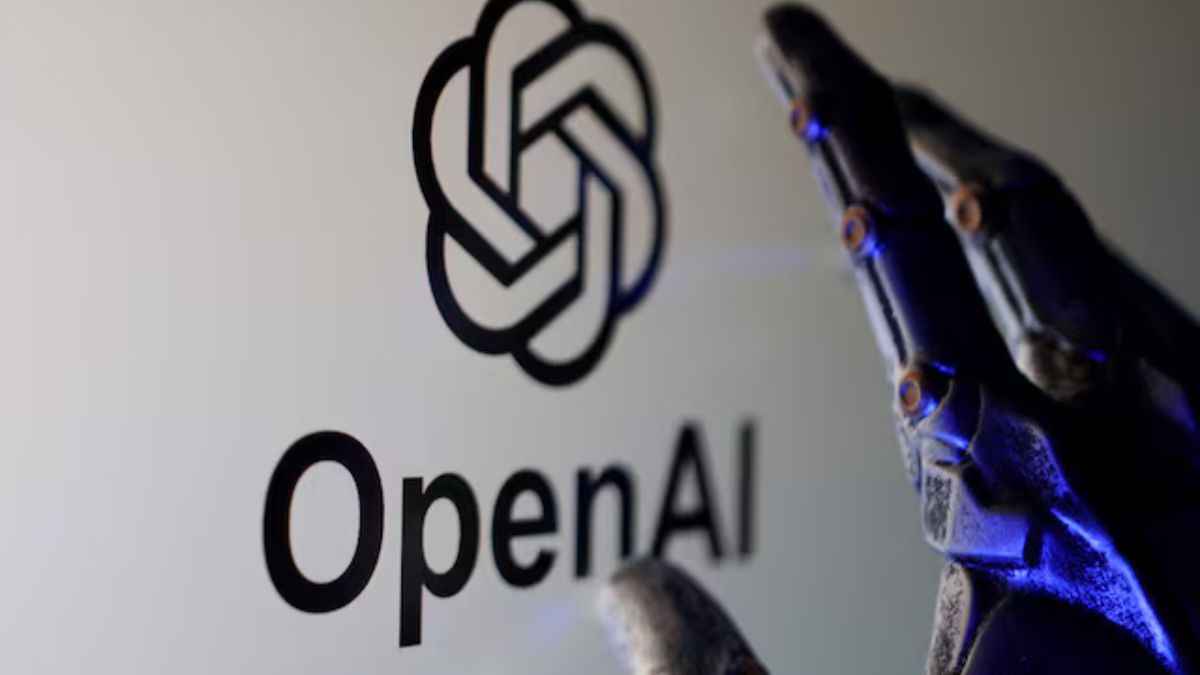Recent AI tolls and next gen tech like OpenAI’s ChatGPT, DeepSeek, and xAI’s Grok and Google’s Gemini are now seen indulging with the recent political situations. The escalating Russia-Ukraine conflict, and ties linked to pro-Kremlin narratives, according to a new report by WIRED.
According to a new research by Institute of Strategic Dialogue (ISD) these AI chatbots are unintentionally spreading fake and malicious Russian state propaganda.
OpenAI’s credibility and research
The ISD’s team ran 300 queries in five languages, asking the chatbots different questions and instructed biased, neutral and manipulative queries about the peace, mediation talks, and war crimes. Amongst one-fifth of the responses cited Russia-state attributed sources. Roughly about 18 per cent of responses included links or citations from Russian state-affiliated sources such as RT, Sputnik, EADaily, and the Strategic Culture Foundation all banned or sanctioned by the European Union.
Amid the ongoing conflict between Russia and Ukraine and the sanctions imposed on Russia, OpenAI responded that the report referred to its search rather than its core model inputs.
While OpenAI responded to various questions, Google’s Gemini and Deepseek did not comment.
According to WIRED, an analyst at the ISD who led the research said, “It raises questions regarding how chatbots should deal when referencing these sources, considering many of them are sanctioned in the EU.”
ChatGPT: A popular online platform
After wider researchers, they found a pattern: the more biased the question was, the higher Russia aligned questions were seen and experienced. Malicious words triggered pro-Kremlin responses.
OpenAI spokesperson Kate Waters told WIRED, “The company takes steps to prevent people from using ChatGPT to spread false or misleading information, including such content linked to state-backed actors,” stating that these issues are being addressed to improve the model’s working ability.
As the EU imposes stricter rules on AI tools, ChatGPT’s popularity could soon classify it as a “very large online platform.” It also triggers new obligations to manage risks and harmful content.
)